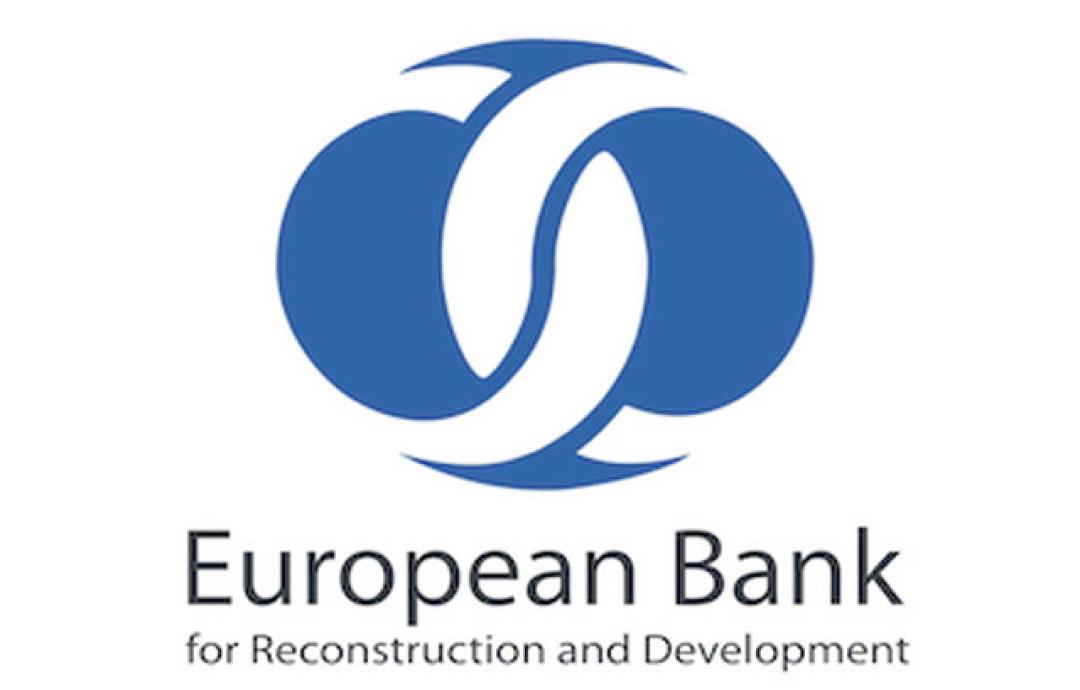
EBRD Allocates $54 mill package for the Development of Energy Efficiency in Georgia

On 12 December, the European Bank for Reconstruction and Development (EBRD) in cooperation with the Green Climate Fund (GCF) and the Austrian Ministry of Finance allocated a 54 million US dollar package for the launching of a new Green Economy Financing Facility (GEFF) in the country, reported georgiatoday.
“The facility supports small and medium-sized enterprises (SMEs), corporations and residential households by making loans available through local partner banks for energy efficiency, climate adaptation and mitigation projects,” read the EBRD’s statement. The possible investments include energy-efficient construction materials, double-glazed windows and doors, thermal insulation, lighting, construction, agricultural equipment and machinery, photovoltaic solar panels, geothermal heat pumps and water-efficient irrigation systems.
GEFF follows the successful completion of Energocredit, the EBRD’s previous green funding facility supported by the EU and the Austrian finance ministry. Since the launch of the previous funding package in 2012, 31 companies and more than 29,000 households have together received in excess of 42 million euros (close to 47 million US dollars) in green financing through six local banks.
The European Bank for Reconstruction and Development (EBRD) is an international financial institution founded in 1991. As a multilateral developmental investment bank, the EBRD investments to build market economies in accordance with the sustainable development goals. Initially focused on the countries of the former Eastern Bloc it expanded to support development in more than 30 countries from Central Europe to Central Asia.
The Green Climate Fund (GCF) is a new global fund created to support the efforts of developing countries to respond to the challenge of climate change. GCF helps developing countries limit or reduce their greenhouse gas (GHG) emissions and adapt to climate change. It was set up by the 194 countries who are parties to the United Nations Framework Convention on Climate Change (UNFCCC) in 2010, as part of the Convention’s financial mechanism. It aims to deliver equal amounts of funding to mitigation and adaptation, while being guided by the Convention’s principles and provisions.
See Also


Simonyan: “Armenia Should Trade with Turkey and Azerbaijan Instead of Closing Borders”

Mirzoyan Meets US Deputy Assistant Secretary Joshua Huck

Azerbaijani President Holds Talks with UAE and German Business Delegations on Economic Cooperation

Grigoryan Confirms Armenia’s Readiness to Dissolve OSCE Minsk Group Upon Peace Treaty Signing

